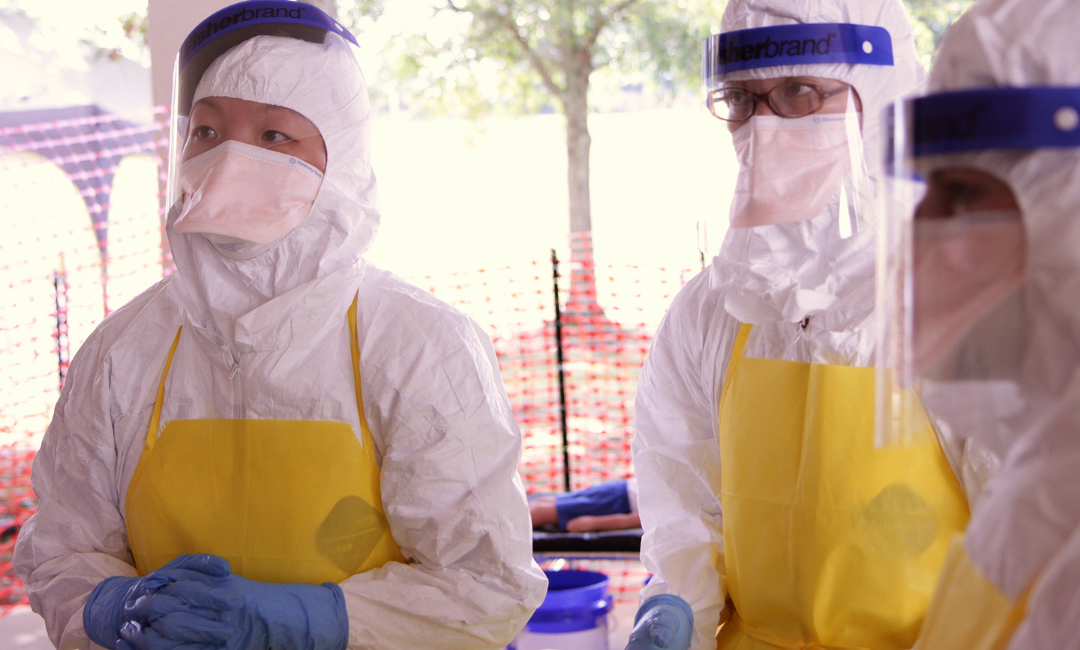Health Declines and Work Interest
Health declines — whether physical, mental, social, or financial — result in decreased enthusiasm, increased issues focusing, and a decrease in the worker’s commitment to their employer, among other issues, according to the Personify Health report.
Petrov said that looking back a decade ago, he never would have thought psychological safety or burnout would be top priorities.
“We have to be flexible, and we have to be focused not just on the present but on the future,” Petrov said, noting that benefits like parental leave only apply to “certain populations.”
The UAB Health System takes a “multi-pronged approach,” he said.
“We have a myriad of communications that we deploy throughout the year on an ongoing basis,” he said.
Burnout, low pay satisfaction, and poor work-life balance are “consistently seen as challenges to a gap between employer intentions and employee realities,” according to the report.
“Employers should see this as a wake-up call,” the report stated. “Challenges like burnout, low pay, and work-life imbalance indicate deeper systemic problems. This will require you to dismantle brick by brick the disconnected and one-size-fits all approach.”
What Nurses are Saying
A Nursing Outlook analysis published in 2022 found that organizations and employers “must build capacity for nurses’ well-being and explore its connection to patient safety and quality outcomes.
Some hospitals and healthcare organizations are doing so through on-site relaxation areas. Cedars-Sinai Medical Center established “serenity lounges” during the height of the COVID-19 pandemic. The lounges — of which there are now a baker’s dozen — are complete with massage chairs, artwork, and aromatherapy oils.
“Historically, studies have shown that nurses’ wellbeing affects job satisfaction and performance, along with the quality of care we can provide to patients,” said Melanie Barone, RN, MSN, associate nursing director and co-creator of the medical center’s Serenity Lounge initiative, in a news release.
When analyzing psychological safety in a hospital work setting, researchers determined that the safer nurses felt, the better their work performance and patient outcomes.
“Nurses who worked in an environment with higher psychological safety levels were more likely to be satisfied in their current job, less likely to intend to leave their current job within the next year, and more likely to report favorable patient safety ratings,” the authors stated. “ … When nurses feel psychologically safe at work, they are more likely to engage in open communication, which in turn can lead to greater job satisfaction, decreased turnover intention, and improved patient safety.”









